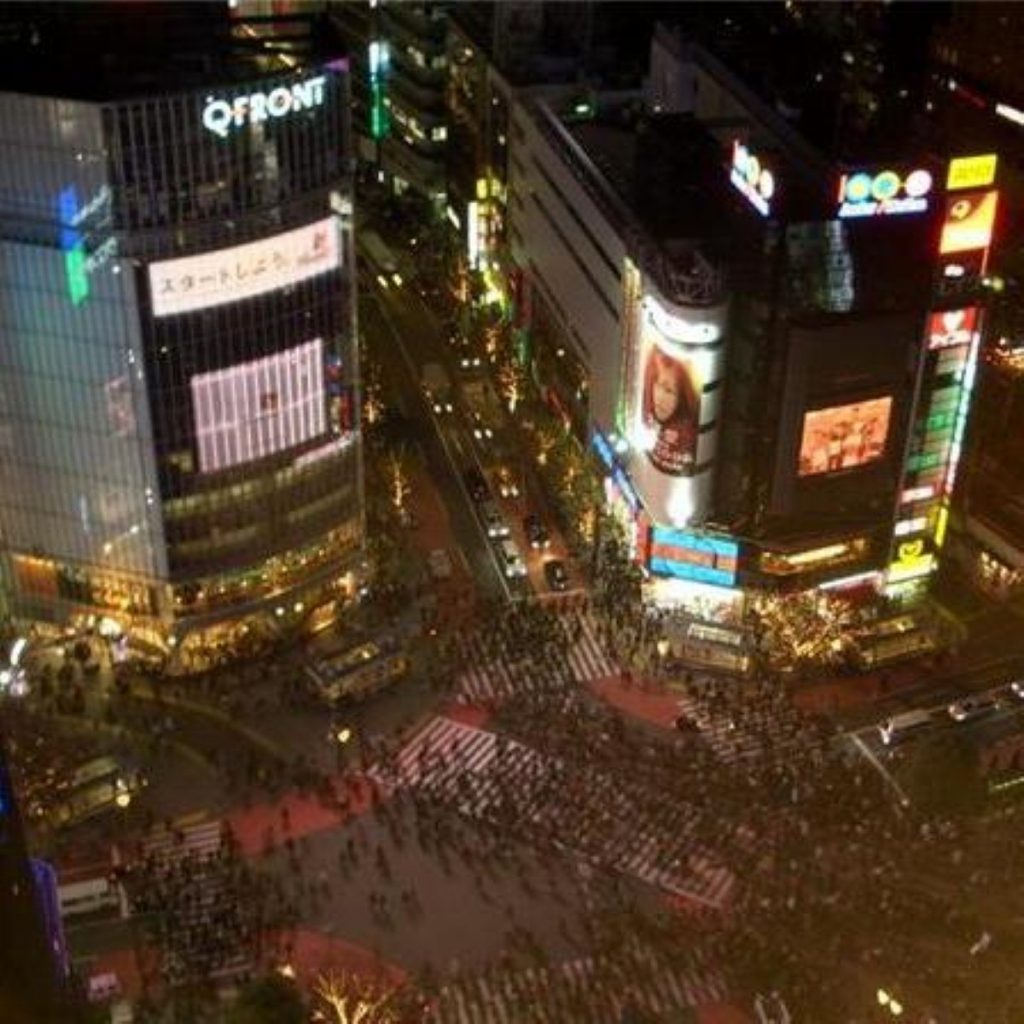Lib Dem MP takes Japan to task
By Ian Dunt
A Liberal Democrat MP is travelling to Japan to protest its use of the death penalty.
The trip comes after Amnesty International released figures showing Japan’s current rate of executions is at its highest level since 1975.
“Like the USA, Japan is a highly developed country that should have abolished the death penalty years ago,” Alistair Carmichael said as he set off for the country.


The MP, who temporarily quit as Northern Ireland and Scotland spokesman to vote in favour of the Lisbon treaty, will visit the sister of Hakamada Iwao while he is in Japan.
Mr Iwao, a former boxer, has been on death row for 41 years, 28 of which have been in solitary confinement.
There are serious doubts about the fairness of Hakamada’s original 1968 trial and Mr Carmichael will also meet one of the judges in Hakamada’s original trial – Kumamoto Norimichi.
Mr Kumamoto recently broke a four-decade silence about the case, making a sudden declaration before the United Nations about what he sees as the manifest injustice of Hakamada’s conviction.
“For many years I was active in the campaign for justice for Kenny Richey, who spent 20 years on death row before finally returning home to Scotland last year,” Mr Carmichael said, referring to the case of the Scotsman who was on death row in Ohio, America, when he was visited by a British delegation in 2004.
“In my view the Hakamada Iwao case falls into the same category, the main difference being that he has spent an inhuman 41 years on death row.
“I feel as strongly about this case as I did about Kenny Richey’s: the death penalty is an outrage and Japan’s own version of it is not only deeply dehumanising but frankly macabre,” he continued.
“I’m here to put this case – politely, but firmly – to Japan’s officials.”
In 2008 Japan put to death 15 prisoners and sentenced to death another 27.
This, according to Amnesty, was the tenth highest number of any country in the world last year – behind only China, Iran, Saudi Arabia, USA, Pakistan, Iraq, Vietnam, Afghanistan and North Korea.
“Japan’s use of the death penalty is a hidden scandal,” said Amnesty director Kate Allen
“Death row prisoners are effectively turned into ghosts – banned from talking to other prisoners and forbidden from watching television or engaging in meaningful activities.
“Perhaps most shockingly of all, Japanese prisoners are often denied information about their own executions until the last moment. The first they may know of their impending death is when guards come to collect them from their cells in the morning.”
Human rights activists have called for an immediate moratorium on executions in Japan.

